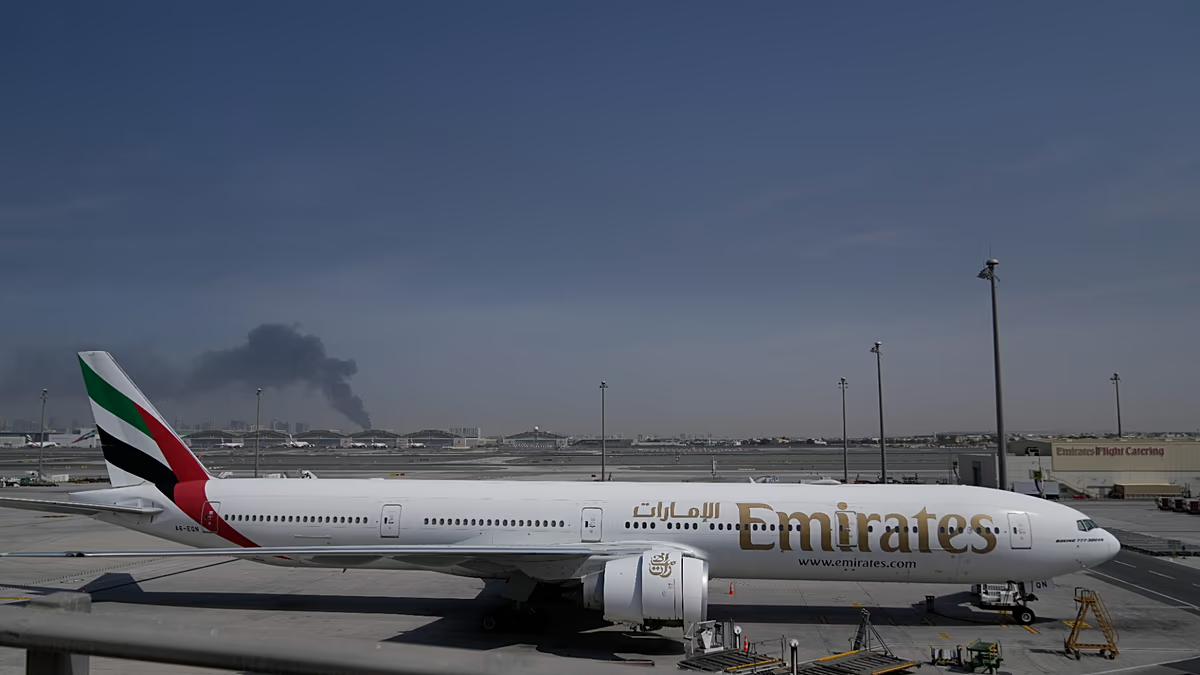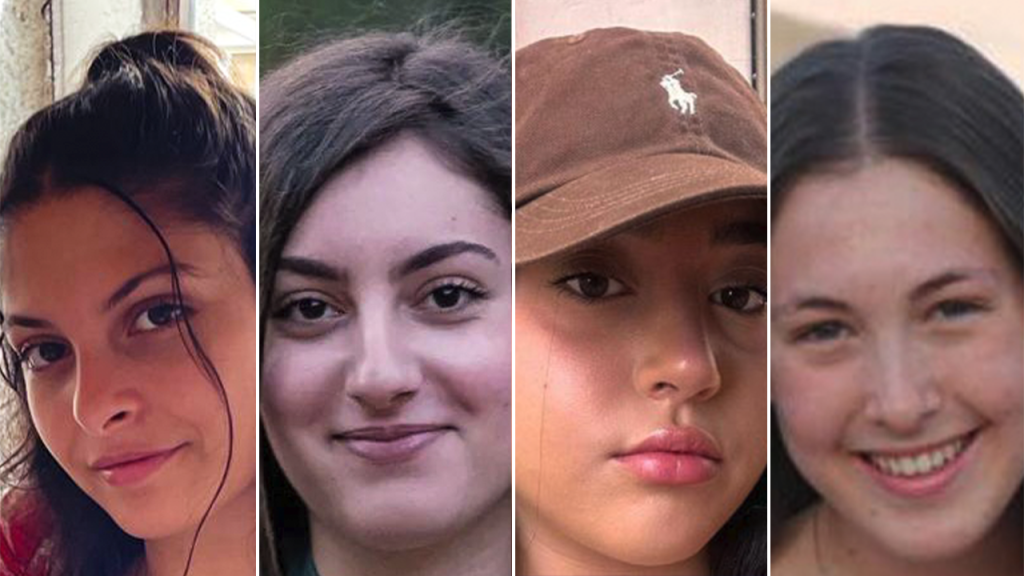The second phase of a meticulously negotiated hostage exchange between Israel and Hamas brought a wave of relief and renewed hope to Israel on Saturday. Four young female Israeli Defense Forces (IDF) soldiers, Karina Ariev, Daniella Gilboa, Naama Levy, and Liri Albag, all in their late teens and early twenties, were released from Hamas captivity in Gaza. Their freedom came nearly a week after a fragile ceasefire agreement was enacted, marking a significant step in a protracted and emotionally charged conflict. The women, captured during Hamas’s devastating attack on Israel on October 7, 2023, endured 477 days of agonizing uncertainty, separated from their families and the familiar comforts of home. Their release, facilitated by the International Red Cross, was met with jubilation and a collective sigh of relief across Israel, even as the nation grappled with the reality of dozens more hostages remaining in Hamas’s hands. In exchange for the four soldiers’ freedom, Israel committed to releasing 200 Palestinian prisoners, including 120 individuals serving life sentences for their involvement in deadly attacks. This exchange underscores the complex and often morally challenging negotiations required to secure the release of captives in such deeply entrenched conflicts.
The handover of the four hostages unfolded with a mix of tension and hope. Footage from Palestine Square in Gaza captured the moment the women, dressed in uniforms, emerged from vehicles and were escorted by representatives of the Red Cross. Initial reports confirmed they were alive and walking, a sight that brought tears of joy to their families and the nation watching their ordeal unfold. After receiving initial medical assessments in Gaza, the hostages were transported to the border crossing, where they were formally handed over to IDF and Israeli Securities Authority (ISA) forces. The emotional reunion with their families took place at a reception point in southern Israel, a scene that encapsulated the profound relief and joy of their return. The IDF and ISA, in their official statements, expressed their pride and welcomed the soldiers home, highlighting the unwavering efforts to secure their release.
The Hostages and Missing Families Forum Headquarters, instrumental in advocating for the hostages’ return, issued a heartfelt statement expressing gratitude and emphasizing the ongoing fight to bring home the remaining captives. Their message captured the bittersweet nature of the moment, celebrating the return of four while acknowledging the agonizing wait for the families of the remaining 90 hostages still held captive in Gaza. The statement specifically thanked former President Trump for his role in facilitating the deal, underscoring the complex diplomatic efforts involved in such negotiations. This phased release, a key element of the ceasefire agreement, aims to build trust and pave the way for further releases in the coming weeks.
This current ceasefire is the second negotiated during the protracted conflict that began with Hamas’s brutal attack on Israel on October 7, 2023. The 15-month war has been marked by intense fighting, immense loss of life, and a deep sense of insecurity for both Israelis and Palestinians. The initial attack, a surprise offensive launched by Hamas, prompted a swift and forceful military response from Israel, resulting in a devastating humanitarian crisis in Gaza. The taking of hostages added a particularly cruel dimension to the conflict, leaving families in agonizing limbo and further complicating the already delicate peace process.
The agreed-upon framework for the hostage exchange outlines the phased release of a total of 33 hostages over a six-week period. The initial release of three hostages, including Romi Gonen, Emily Demari, and Doron Steinbrecher, followed by the release of the four female soldiers, signifies a positive, albeit tentative, step towards de-escalation and the eventual return of all captives. The commitment from both sides to adhere to the agreed-upon timeline is crucial for maintaining momentum and fostering a climate of trust. The release of additional hostages in the subsequent weeks will serve as a critical barometer of Hamas’s willingness to engage in good faith negotiations and ultimately contribute to a more lasting peace.
The ongoing negotiations surrounding the remaining hostages represent a delicate balancing act, with the lives of individuals hanging in the balance. The pressure on both sides to secure the release of their citizens is immense, and the process is fraught with complexities. The international community plays a vital role in mediating this sensitive process, applying pressure on both parties to uphold their commitments and ensuring the safe return of all hostages. The successful completion of this hostage exchange will not only bring solace to the affected families but also contribute to a more stable and peaceful future for the region, a future that has remained elusive for far too long.














